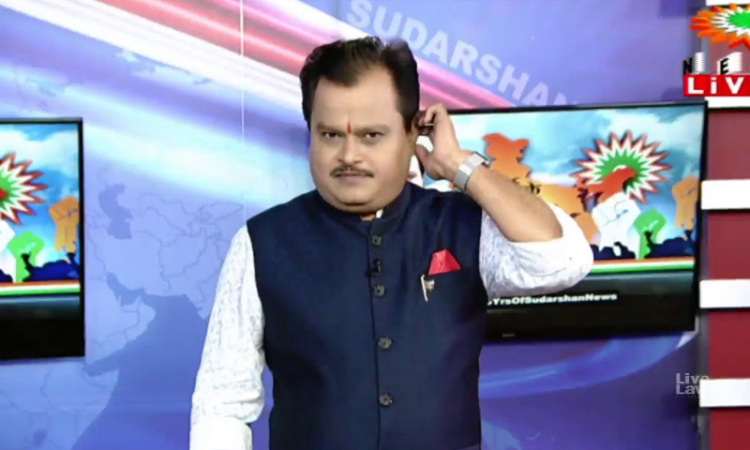Sudarshan TV Program An Attempt To Break Down Hindu-Muslim Bonding, Adv Shadan Farasat Tells SC
Sanya Talwar
21 Sept 2020 8:41 PM IST

Next Story
21 Sept 2020 8:41 PM IST
Sudarshan TV's 'Bol Bindas' show was an attempt to break down the bonding between Muslims and Hindus, submitted Advocate Shadan Farasat before the Supreme Court on Monday.He was appearing for 3 Jamia Millia University students, who have intervened in the case, before a bench comprising Justices DY Chandrachud, Indu Malhotra & KM Joseph. Farasat said that there is an...
